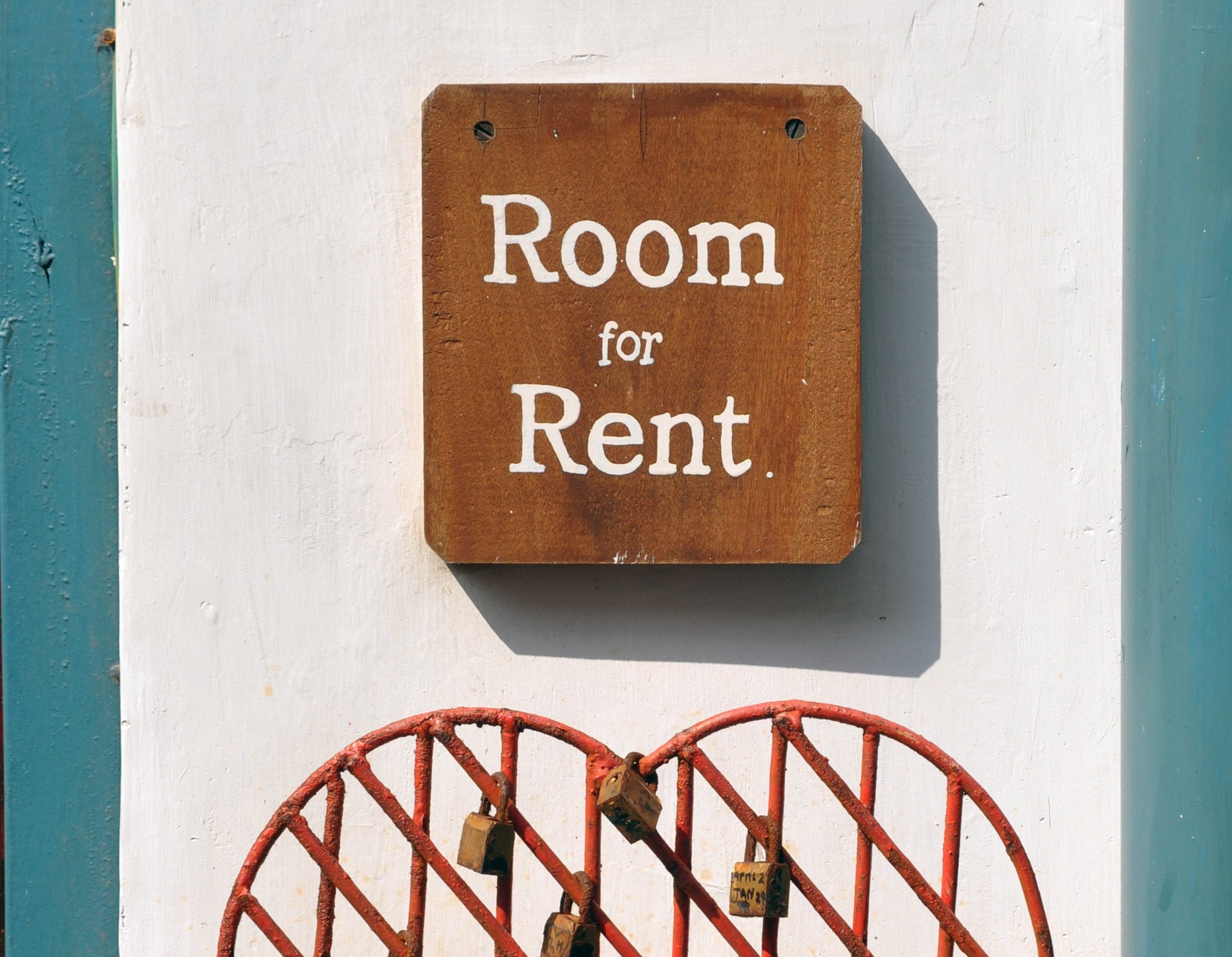
Negative gearing we have all heard about it and see a lot of property mum and dad investors who have chosen to negatively gear their properties for their financial goals. A property is negatively geared when the costs of owning it – interest on the loan, bank charges, maintenance, repairs and depreciation – exceed the income it produces.
Capital gains tax was introduced in 20 Sept 1985, people rushed to purchase and settle before this date so their properties were not subject to capital gains and around this same time negative gearing was abolished. This lead to a slow down in the property market and in turn the Keating government bought negative gearing back in 1987. Then in 1988-1990 we had a credit surge and property market bounced back and the Australian property market has grown since.
If Labor wins in the upcoming election, January 1st 2020 is the date their proposed tax amendments to negative gearing and CGT (Capital Gains Tax) will be in effect. So what are the proposed changes expected:
- Half the discount on CGT
- Restrict negative gearing on new housing or apartments
We can forsee that an abolishment of negative gearing and introduction of further reductions to capital gains tax can play out the same way as it did in the 80’s as it will have definitely affect the housing market by bringing down values further. Most investors buy a property that is negatively geared in the hope that their income losses will be more than offset by their capital gains (the growth in the value of their property) which they can access when they refinance or eventually sell their property. Throughout Australia, capital gains is taxed once you sell the property and can be reduced with concessions depending on how you’ve structured the investment property.
If your area has a majority of owner occupied homeowners we are not likely to see significant falls in their property values if Labors tax changes are introduced, while areas with a large number of investors are likely to suffer the most. As investors who purchase a new property to gain the tax benefits, their investment properties will no longer be eligible for negative gearing and increase the risk of investing in new dwellings.


